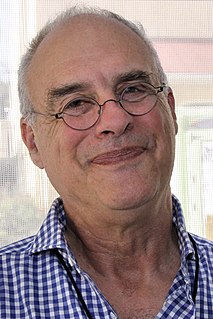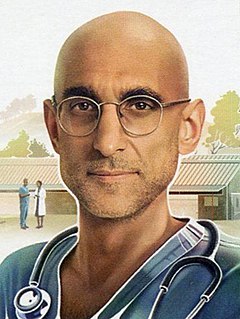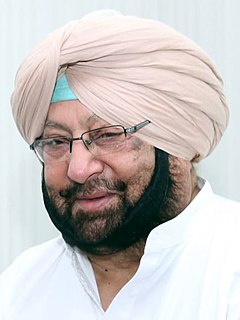A Quote by Shirley Sherrod
The traditional farm, the peanuts, the cotton, the corn, is probably not the thing to do, because you're up against big farmers who can afford all the equipment to grow those kinds of crops. But we need healthy food. We're being encouraged to eat more vegetables. Our school systems are being encouraged to buy locally. So, we need farmers who can produce that food.
Related Quotes
You do need some dispensation for local farmers, because the fast food industry will promote the unsanitary conditions of farming. With vegetables, you have to be careful where they come from; you have to know the farmers and trust them. If you buy from the farmers' market, it's already been investigated.
All communities, and low-income communities especially because of food insecurity and lack of access to healthy foods, need more farmers markets, need more community gardens and urban farms. It would be great if people living in communities had the tools and resources to grow food in their own backyard - community-based food systems.
We have to understand that we want to pay the farmers the real price for the food that they produce. It won't ever be cheap to buy real food. But it can be affordable. It's really something that we need to understand. It's the kind of work that it takes to grow food. We don't understand that piece of it.
Go to the farmers market and buy food there. You'll get something that's delicious. It's discouraging that this seems like such an elitist thing. It's not. It's just that we have to pay the real cost of food. People have to understand that cheap food has been subsidized. We have to realize that it's important to pay farmers up front, because they are taking care of the land.
One of the problems is that the US government supports unhealthy food and does very little to support healthy food. I mean, we subsidize high fructose corn syrup. We subsidize hydrogenated corn oil. We do not subsidize organic food. We subsidize four crops that are the building blocks of fast food. And you also have to work on access. We have food deserts in our cities. We know that the distance you live from a supplier of fresh produce is one of the best predictors of your health.
To argue that we need some technology in order to produce food to tackle hunger is completely blind to the facts on the ground. Actually, what we need is the exact opposite of what GMOs give us. We have to empower farmers to grow food for themselves and plant and grow their own seeds and use practices to deal with weeds and the need for fertility, not from purchased products like a seed or a chemical, but from their own farms, from their own knowledge and skill sets.
Probably 99 percent of Nuba are subsistence farmers. They have maybe two or three cattle, a few goats. Now there are food shortages, so they're very thin. But traditionally, they are very strong and muscular. They grow sorghum, okra, a bit of corn, some peanuts. If they need money, they'll sell one of their animals or sell some sorghum.
Most of the food crops raised in the world today are fed to livestock destined for slaughter for us to eat, and most of the water used is used to raise the food crops that are fed to those animals. It has been estimated that, because of the extraordinary amount of grain it takes to raise food animals, if we reduced the amount of meat we eat by only ten percent, that would free up enough grain to feed all the starving humans in the world. So when we choose to eat meat instead of vegetables, we are choosing to take food away from others who are hungry.
The government will pay certain farmers to not grow corn. Wow. Where's my check? That'd be great. "Hey, what do you do for a living?" "Well, I don't grow corn. Get up at the crack of noon, make sure there's no corn growing. I'm gonna get up early tomorrow. And not plow. You know, we used to not grow tomatoes-but there's more money in not growing corn."





























